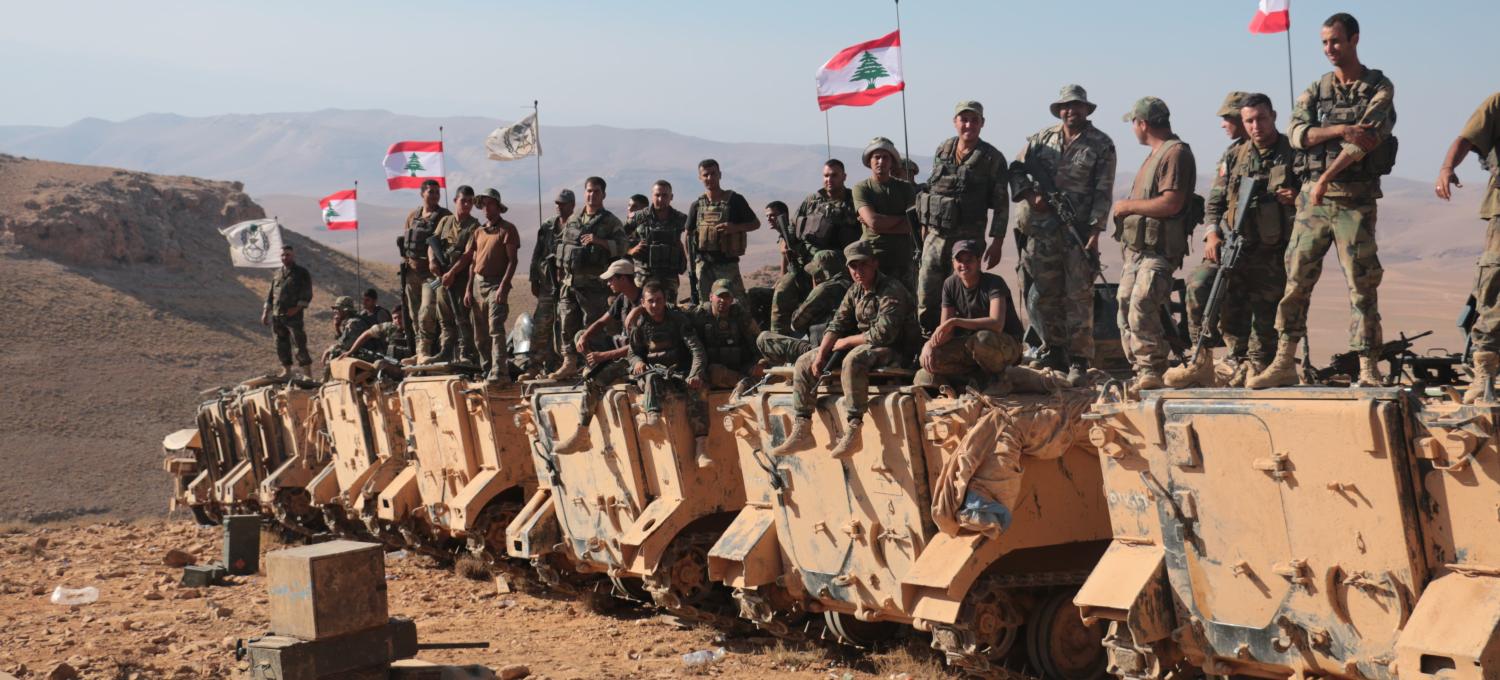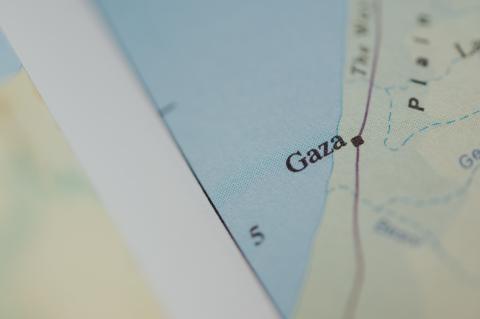Negotiated deals between government forces and various armed groups have been a feature of the Syrian conflict. But a controversial deal involving several hundred Islamic State fighters who vacated the rugged Lebanese-Syrian border area is yet another example, if any more were needed, of how complex this conflict remains.
The story began after simultaneous (but officially uncoordinated) operations by the Lebanese military and a combined Syrian military-Hizbullah force operating from the Syrian side attacked IS forces. It ended after a negotiated deal allowed just over 300 IS fighters and the same number of their dependents to leave the area on buses and transit Syrian territory to join other IS fighters at Bukamal on the Syrian-Iraqi border.
Here the story becomes messy, as the participants in this operation had varied reasons for dealing IS a decisive blow in Lebanon. The Lebanese military wanted to recover the bodies of nine of their soldiers captured in 2014, whose families' protests in central Beirut will now presumably end. The Syrians wanted to recover ground and thereby free up military resources for use elsewhere, while Hizbullah wanted to recover prisoners and bodies of its own, as well as the body of one Iranian soldier.
The agreement was also unusual in that, unlike what has been seen in the fighting in northern Iraq and around Raqqa, IS didn't hold its ground and die in place. This may be a reflection of the much more open (and hence less defensible) ground it occupied and the possibility of gaining more from redeployment east, or the makeup of the fighters themselves. Or it could be that, among the forces arrayed against IS, the desire to retrieve bodies and prisoners was greater than the desire to annihilate IS fighters. Perhaps we'll never know.
The deal was criticised by Iraq's Prime Minister Haider al-Abadi, given that Iraq (fighting IS in its own country) clearly stands to lose from a Syria-Hizbullah deal that moves hundreds of fighters from the Lebanese-Syrian border to the Iraqi-Syrian border. The deal was also condemned by the US-led anti-IS coalition, who then scuppered it by bombing the road and a bridge on its route, as well as some IS vehicles in support of the convoy. At the time of writing, the convoy was stuck in the desert in Syrian government-controlled territory.
However this episode concludes (and current reports as to the whereabouts of the convoy and its members are somewhat confusing), it is unlikely to be a precursor for future deals with IS. There is little appetite anywhere to negotiate with IS, and it is unlikely that its dislocated parts will have the same leverage elsewhere that it did on this occasion. While there has been a relatively minor spat between Damascus and Baghdad over the deal, this will be temporary. And though the relocation agreement appears to have soured once the Coalition became aware of it, the Syrians and Hizbullah got what they wanted. Several hundred lightly armed IS fighters in buses stuck in Syrian government-held territory with Coalition aircraft flying overhead is only a problem for those fighters, not the other actors. Little in this conflict has been straightforward, and this latest little episode continues the trend.

